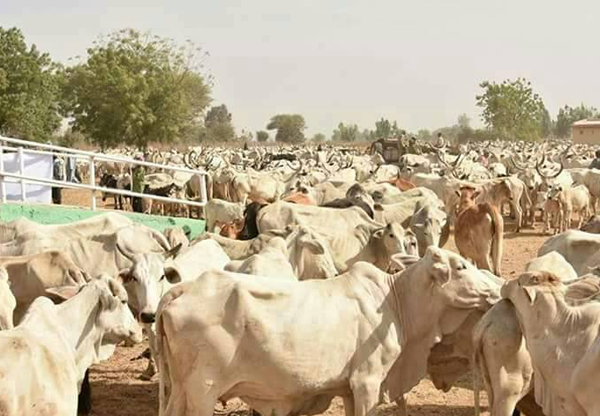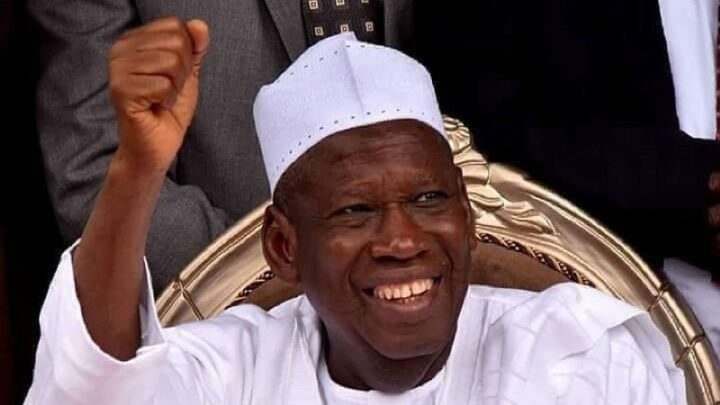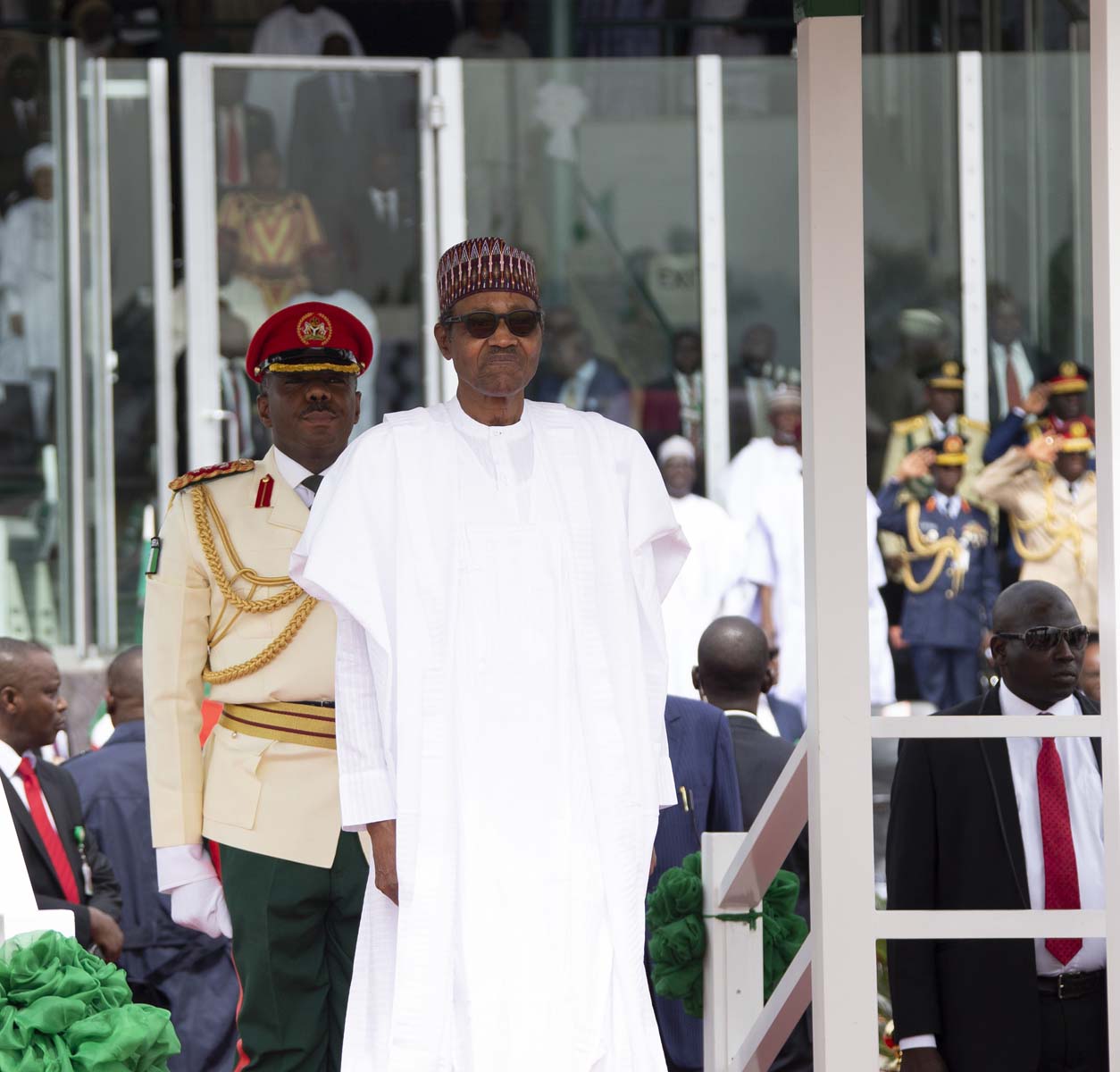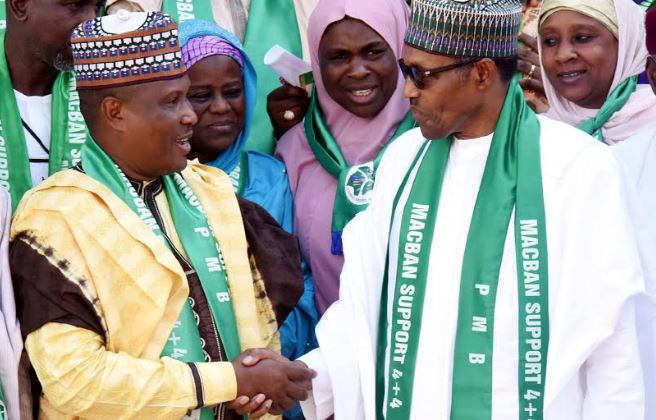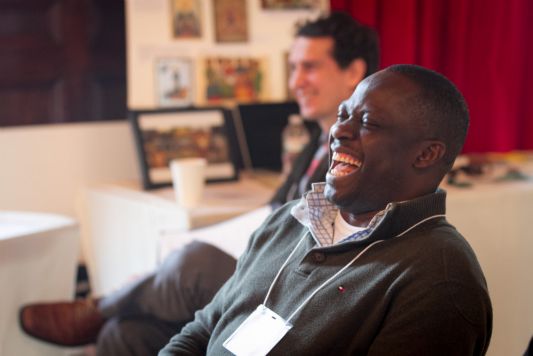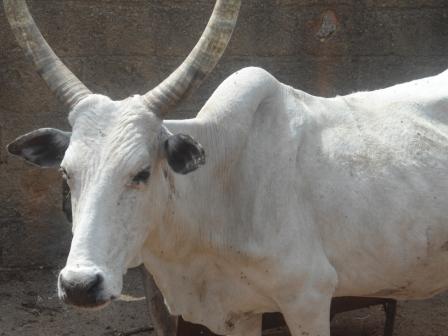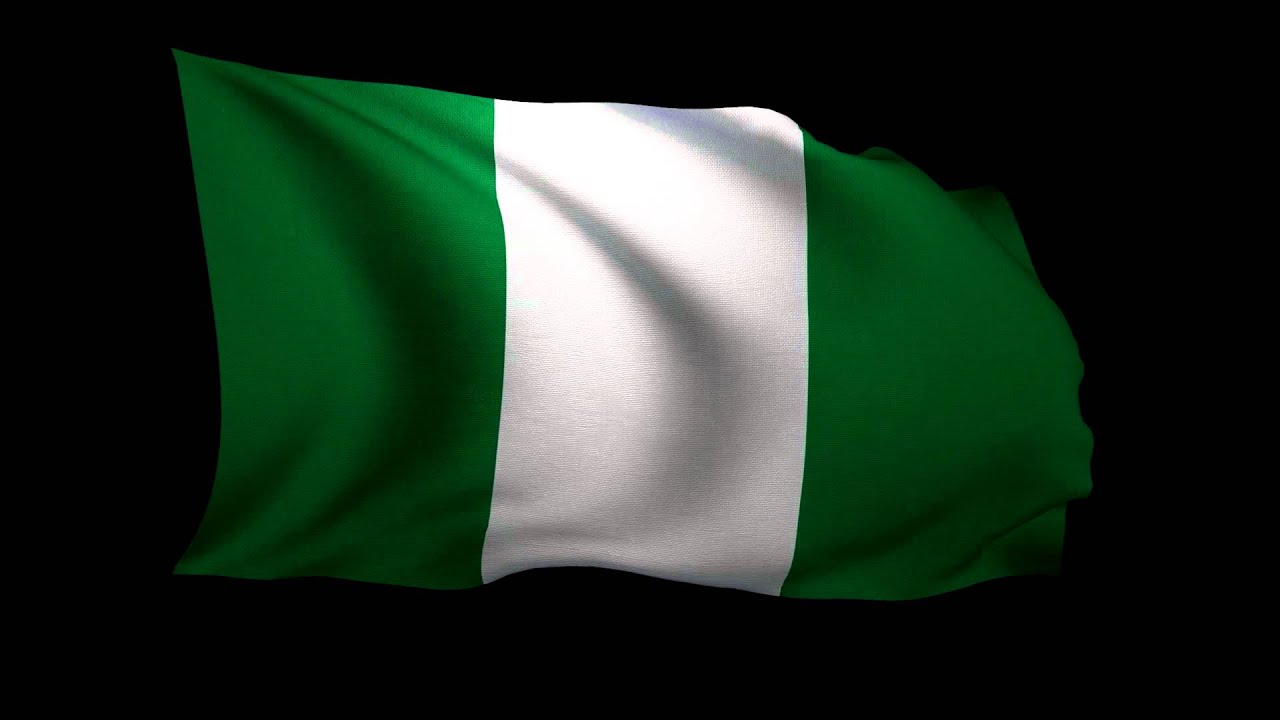The Federal Government’s decision to suspend implementation of the proposal to upgrade the conditions of the cattle herding and rearing communities and integrate them into the overall National Livestock plan of the country, affords us the opportunity to take a look into the issue detached from all the hiatus accompanying it.
Did the government conceive it as a measure to solve two pressing interrelated issues; to initiate the process of harnessing the potentials of the livestock sector on the economic side and to curb the herder-farmers violence in which scores of lives have been lost? Or is the programme intended to surreptitiously resettle Fulani herders on land belonging to other ethnic groups as part of a grand design to Fulanize and Islamise Nigeria as government’s critics allege?
The answers to these posers can be found if we dispassionately examine the state of cattle herding and rearing in the country focussing on the Fulani herders who are at the centre of it all.
From my own investigation talking with cattle owners, herders, butchers in and meat distributors, on any given day up to 300,000 cows are slaughtered for consumption and various other uses all over Nigeria. These cows are conveyed to towns and cities across the country in hundreds of trucks of varying sizes at over fiftycows per truck to towns and cities. In all there are estimated to be any number between 25 and 40 million heads of cattle spread all over Nigeria.
Advertisement
At the centre of the cattle value chain are the Fulani cattle herders who rear and tend the cattle more as a socio-cultural way of life than as a commercial activity. In the course of writing this piece I undertook a visit to a typical herder settlement called “Ruga” in Fulfulde language.
The Ruga is the most basic unit of the Fulani system of social existence which every Fulani traces his lineage to. A typical Ruga is a collection of kindred comprising several families of the same bloodlines headed by an Ardo. The Fulani Ruga is the equivalent of the polo in Ijaw land,Umu in Igboland and of a corresponding name in the language of every other society in Nigeria. It is in these rustic,isolated settlements of grass hutsoff the beaten track, devoid of any trappings of modernity that most of the cows we consume and the people who raise them live.
TheArdo I met there told me that the herders bear all the expenses of rearing their cattle including providing vaccines and veterinary care from their pockets. No tier of government comes to their aid by way of subsidies or any aid in any way. On the contrary they constantly being made to pay sundry dues to local government revenue ‘tasks forces’. In theprimitive surroundings of the Ruga they and their cattle are exposed to the elements like wild animals, reptiles, diseases and rain, fire outbreaks etc. The Ardo further told me Rugas like his all over the country in addition to the aforementioned issues now face attacks from bandits, cattle rustlers, kidnappers and armed robbers.He listed the pressure of land for settlement and grazing as the greatest existential challenge faced by the herders.
Advertisement
At the point where we come to consume beef either as delicacies likesuyaor in our meals, most of us are oblivious to the extreme primitive conditions which Fulani cattle herders toil under-more as achosen way of life than as commercial activity-making it possible for us to have this essential protein requirement in our dietary needs. Indeed at the average price of 150 thousand for a cow in Nigeria taking into consideration the trouble that the Fulanis go to make the cows available for consumption; they are actually subsidizing our quality of life. Indeed were the Fulani to be engaged in cattle herding as a purely commercial activity other as a way of life the laws of economics would have compelled them to charge more for cows.
If we look at the billions in revenue through taxes and levies that governments and their agencies across the country rake in from the entire value chain of the cattle business ranging from transportation, market, abattoir, sanitation etc, the Fulani herders who form the bedrock of the business get the least in terms of revenue accruing.
So what then is the beef(no pun intended)if government proposes to upgrade and integrate this segment into the national Livestock plan of the country as part of the much desired Agricultural revolution in the country?
Some argue that the Fulanis are foreigners from somewhere in West Africa and should not benefit from the programme. Other arguments say that the cattle business is private and should be kept so; government should not spend public funds to shore up what essentially a private business.
Advertisement
As to the Fulani being foreigners, last time I checked virtually all ethnic groups trace their origin from somewhere in the middle east. By that logic everybody else is a foreigner in this country.
On the issue of government spending money to upgrade the cattle business, the question to ask is do we desire for the sector to remain as primitive as it is or does it make sense to raise the level of Livestock industry in Nigeria and bring it in line with what obtains in Africa and elsewhere?
We must bear in mind that the national Livestock plan like all transformational initiatives, requires government intervention to set parameters for its scope, development and growth. This will necessarily at the initial stage include funding. It is like Industrialisation programme in a country where government needs to intervene at the early stages.
From a national security perspective also the programme will help curb the disturbing incidence of incessant clashes between herders and farmers over grazing lands. The flashpoint here is the issue of land availability which as a result of rapid population growth and desertification is increasingly in short supply both for farming and Livestock grazing. This has led to violence between the herders and farmers resulting in loss of lives and livelihoods and the displacement of whole communities.
Advertisement
If land can be allocated where livestock farming and animal husbandry could be practised economically by all who want to participate, it could go a long way towards stemming this ugly trend going forward. It is not about the Fulanis alone. It is about a template and a level playing field forall the stakeholders and potential participants in the scheme all over the country who want to practise livestock farming. Fulanis at this point in time happen to be the main participants in the little livestock farming we practise for now with their involvement as herders and cattle rearers . There is potential for others to join in and with other livestock if we expand the scope of the sector from what currently obtains.
In a number of countries around the world, livestock farming is important bedrock of the agricultural sector. In Europe countries like Denmark, Netherlands and Britain rake in billions from the value chain of livestock farming. In Latin America, Brazil and Argentina are prominent exporters of beef and its products. In Africa countries like Kenya, Tanzania, South Africa, Botswana and Namibiaare in the same league. Nigeria’s potential is unmatched by all these countries.
Advertisement
Nigeria spends billions of naira importing dairy products and meat from the livestock industries of other countries. It is money a fraction of which we could deploy to establish and grow our livestock industry, satisfy our local demand and export abroad to earn revenues. The national livestock plan if faithfully and diligently implemented will take us in that direction.
Rather than seek to destroy it through sentimental political gerrymandering what we should do is weigh in with informed opinions on how to fine tune and make it better.
Advertisement
08035355706 (sms only)
Advertisement
Views expressed by contributors are strictly personal and not of TheCable.

